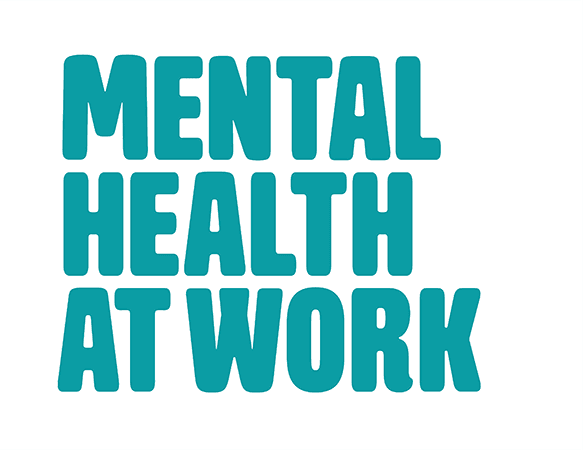Mind@work October 2022
Read your October edition of Mind@work

Mind@work
October 2022

Mental health training in the workplace
Courses for you and your organisation
Mental health training at work is a necessity, not a luxury.
58% of workers have experienced poor mental health at their current employer (Index Insights 20-21).
Poor mental health can lead to increased sickness absence, high staff turnover and lost productivity.
Improving your understanding of mental health problems and learning practical tools to support your own and others’ wellbeing can bring about a happier, healthier, more productive workforce.
Find out about the types of training we offer on the next page.


National Stress Awareness Day
Steps for managing stress at work
Stress is how we react when we feel threatened or under unmanageable pressure. It usually happens when we’re in a situation we don't feel we can manage or control.
Many things can cause stress. Work might be one of them.
If you feel stressed by a problem at work, you’re not alone. 52% of UK workers recall feeling stressed at their current employer within the past year (Index Insights, 18-19).
The important thing is understanding how to manage stressful feelings. This may include identifying your triggers, addressing some of the causes, or trying to accept the things you can’t change.
This National Stress Awareness Day on 2 November, we’ve shared some steps you can take to help you manage stress at work.

Voices from the black community
How workplaces can do better

We know that experiencing racism affects our mental wellbeing. We also know that the voices of people from minority groups don’t often get the same attention as others.
During Black History Month, Mental Health at Work, a website curated by Mind, raised up voices from the Black community so that readers could learn about their experiences.
Each week, guest writers shared their stories about specific issues which can affect mental health in the workplace, and what organisations can do to help and heal one another.
Please let us know any questions, comments or feedback.
Thank you for reading
work@mind.org.uk